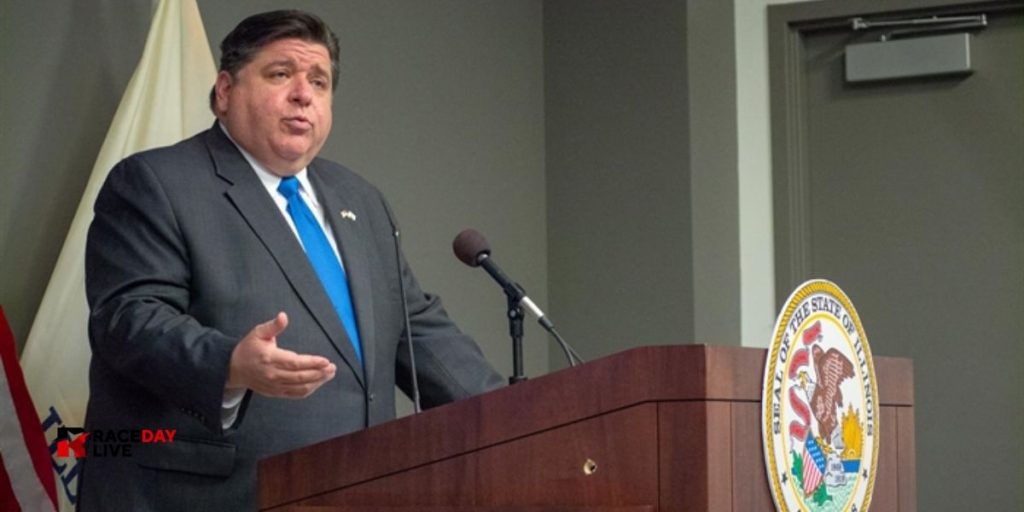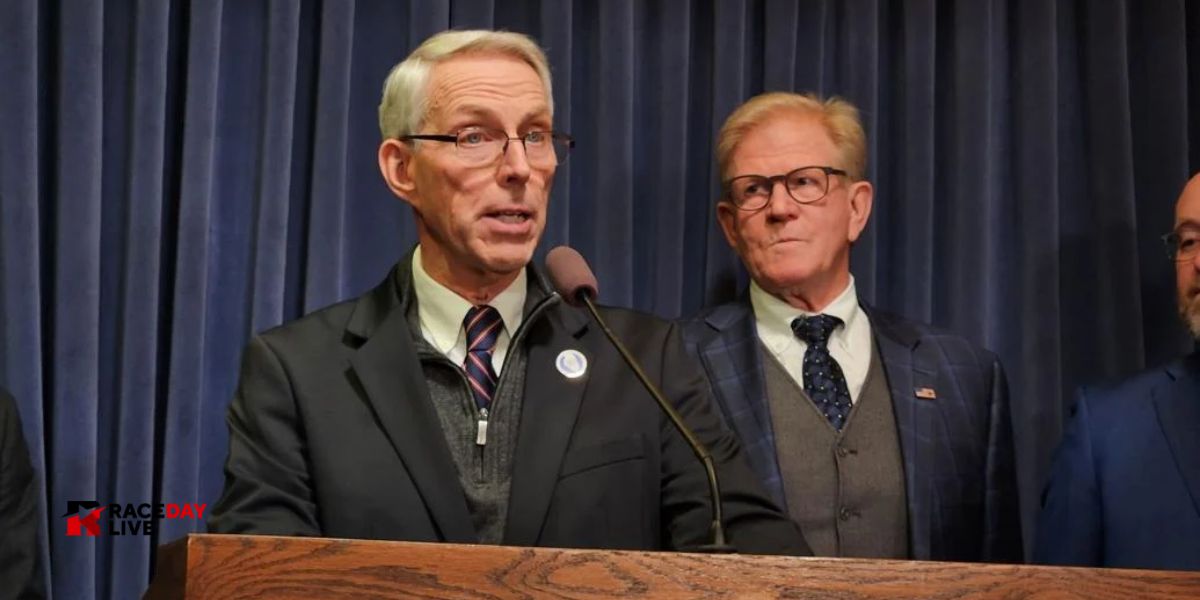Race Day Live (Chicago, IL) – An Illinois state representative sponsored legislation that would freeze local government property tax levies at the 2025 level for levy years 2026-2030.
State Rep. Brad Halbrook, R-Shelbyville, who sponsors House Bill 1497, stated that practically every municipal government must figure out how to save money, discover efficiency, and eliminate needless operations.
“I’m sure there’s going to be lots of opposition, but there’s going to be lots of proponents. You ‘ve had this double-digit inflation for the last five years, and taxpayers or property owners have got to have some relief,” said Halbrook. “My view is if an agency or a unit of government has not tried to cut any expenses ever or recently, they need to dig in and find some spots that they can cut some expenses somewhere.”
Halbrook stated that whether or not a unit of government is in accordance with The Property Tax Extension Limitation Law (PTELL), some are just maxing out their charge.
“Whether it’s under PTELL or 4.99%, without going to a truth in taxation hearing, they’re just maxing those levies out,” Halbrook told reporters. “There’s units of government that are stacking up hundreds of thousands of dollars, and whether they’re using it wisely or not wisely or they’re just storing it up, this is a way to kind of grant some relief to property owners.”
PTELL limits the number of tax extensions for non-home rule taxing districts.

Halbrook stated that if the bill is passed and a freeze is imposed, he will demand that the state-managed Local Government Distributive Fund be returned to its previous percentage of income tax revenues of 10%.
“The LGDF, the local government distributing fund, which is income taxes the state collects, and this is part of the state constitution [which] reads that 10% of that [income tax collections] is to come back to the local municipalities. Well, years past, that got rolled back to like 6%,” said Halbrook. “The budget has grown over $13 billion, over 30% faster than the rate of inflation. So why is it that they’re not able to return that LGDF? Why aren’t they able to return that back to the full 10%?”
Along with attempting to enact HB 1497, Halbrook stated that he will vote against any additional mandates imposed on public school systems and towns.
Read More – Florida Democrats to Elect New Statewide Officers Amid Growing Republican Dominance!
“I mean, one that they could come with at any day, and I don’t think it’s going to happen just because they can’t, the supply isn’t there, but they can say, ‘every school district has to begin to phase out internal combustion engine school buses, and they have to be all EVs.’ Well, we know there’s a dramatic increase in the price of those EV buses versus internal combustion engine buses,” said Halbrook. “Is it 50% more? Is it 100% more? What is that number? But whatever it is, it’s going to put added pressure on that school budget and drive property taxes up.”
According to a SmartAsset survey released last month, Peoria and Rockford, Illinois, are the top two cities in the country for highest property taxes.
Illinois is consistently ranked among the top two states with the highest property taxes.

